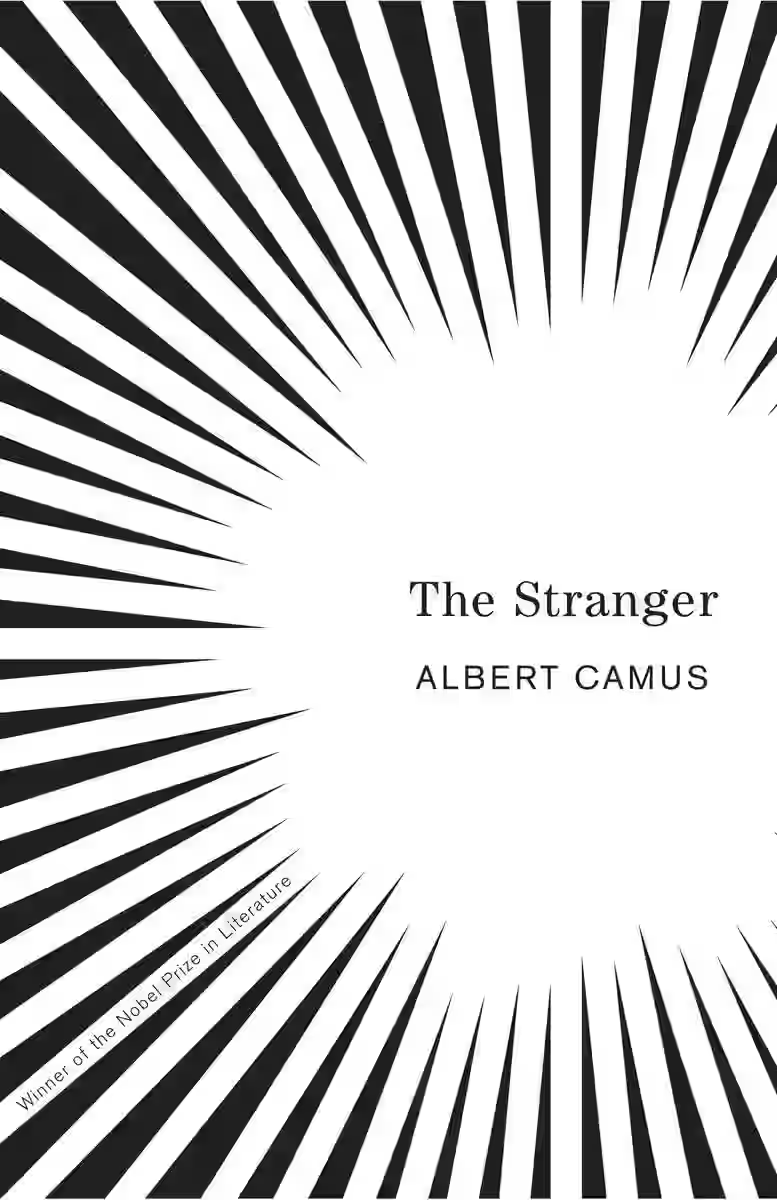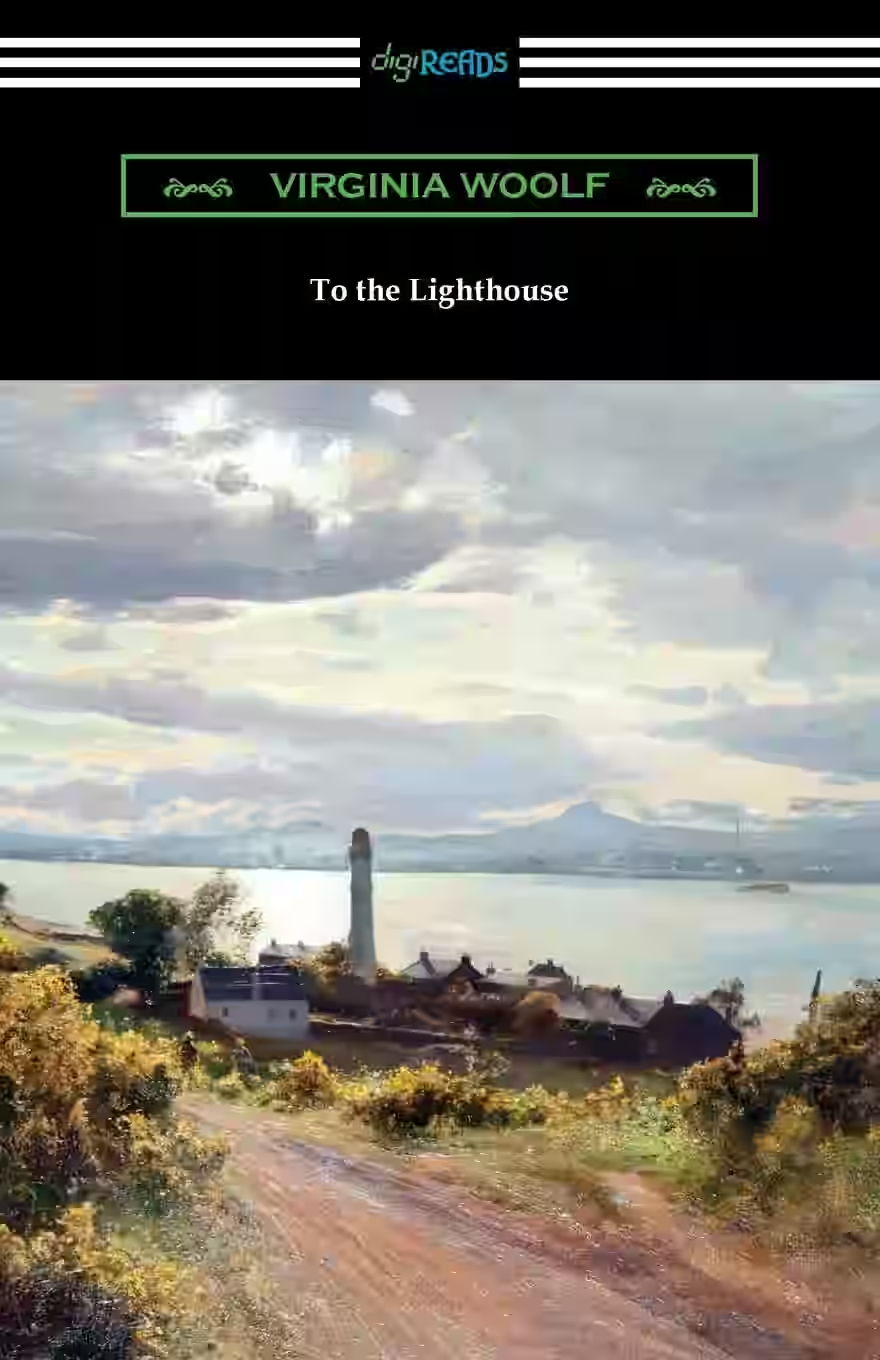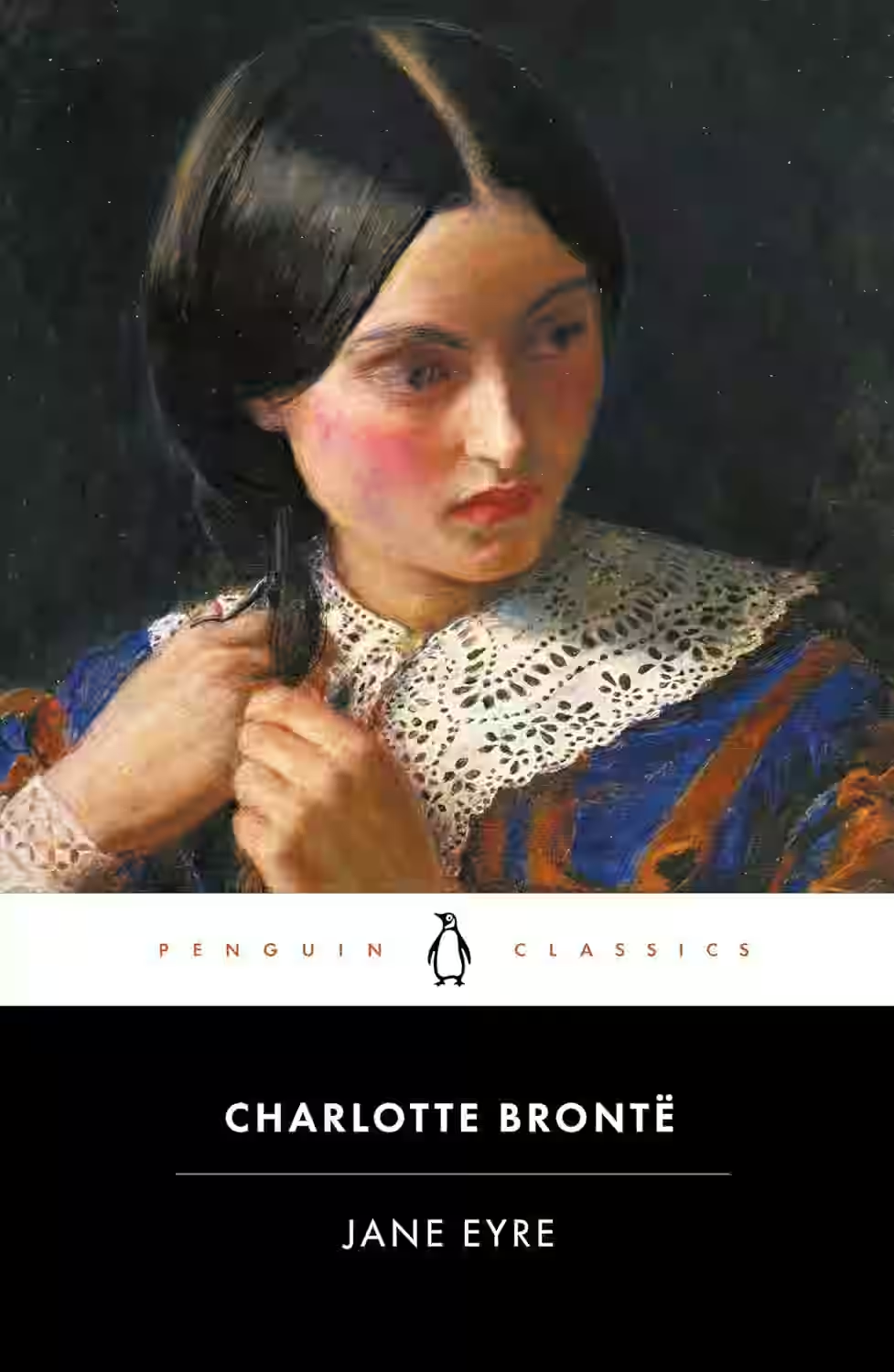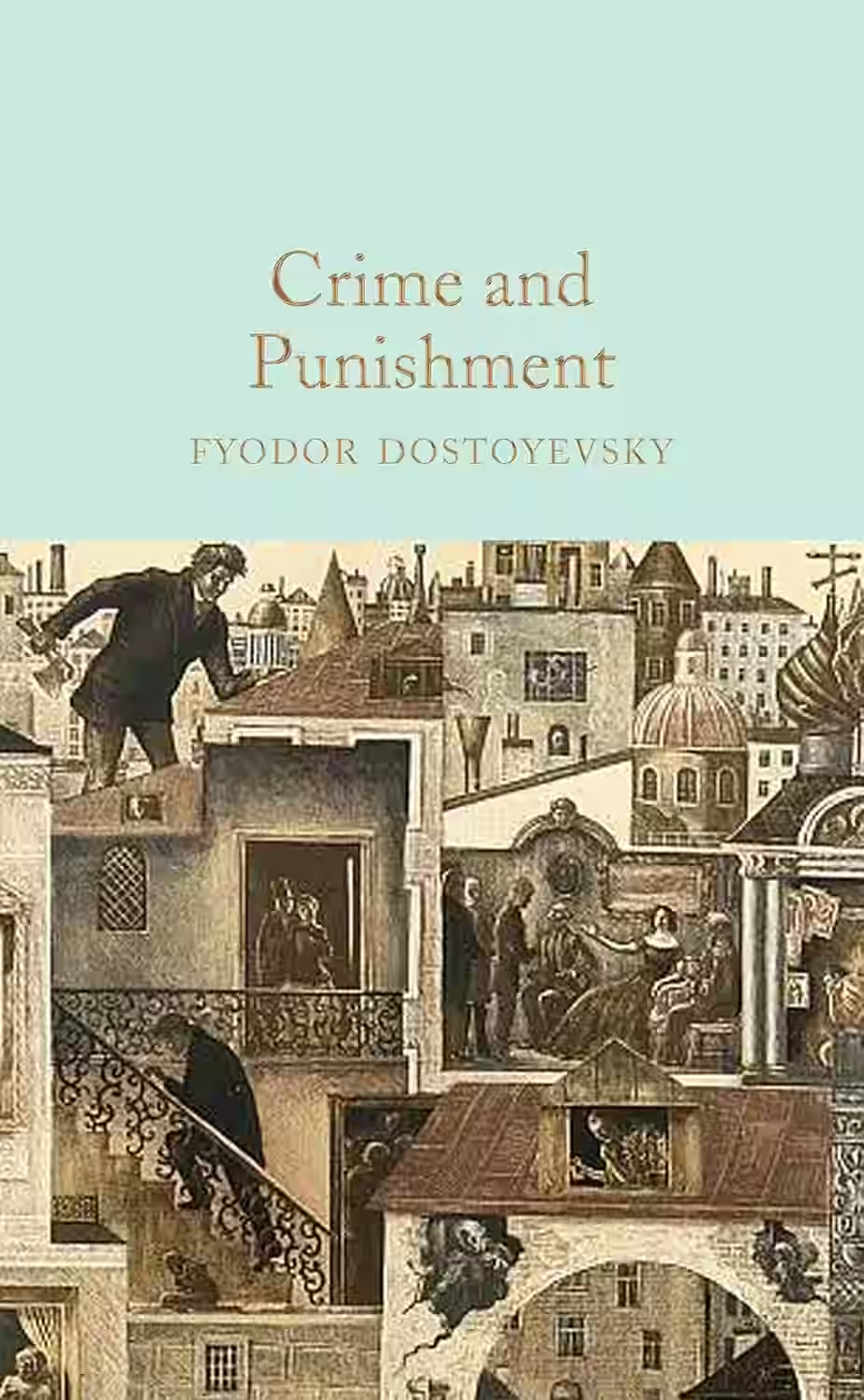
The Stranger plunges into the detached existence of Meursault, an apathetic man who reacts indifferently to his mother's death and subsequently commits a seemingly random act of violence. Albert Camus's existential masterpiece explores themes of absurdity, societal judgment, and the search for meaning in a meaningless universe through Meursault's stark and unsettling narration.
About Albert Camus
A French philosopher, author, and journalist, a leading figure in absurdism and existentialism. His influential works, including The Stranger, The Myth of Sisyphus, and The Plague, explored themes of life's inherent meaninglessness, rebellion against injustice, and the search for happiness in an indifferent universe. Camus's profound philosophical inquiries and powerful narratives earned him the Nobel Prize in Literature.
Similar Books

Uncle Tom’s Cabin
A landmark anti-slavery novel, Uncle Tom’s Cabin tells the story of enslaved man Tom and the brutal realities of slavery in 19th-century America. With vivid characters and emotional power, it galvanized abolitionist movements and shaped public opinion like no other book of its time. Though controversial for its portrayals today, it remains a pivotal work in American literature and history, sparking empathy and national debate.

To the Lighthouse
The serene and maternal Mrs. Ramsay, the tragic yet absurd Mr. Ramsay, and their children and assorted guests are on holiday on the Isle of Skye. From the seemingly trivial postponement of a visit to a nearby lighthouse, Woolf constructs a remarkable, moving examination of the complex tensions and allegiances of family life and the conflict between men and women. As time winds its way through their lives, the Ramsays face, alone and simultaneously, the greatest of human challenges and its greatest triumph—the human capacity for change.

Jane Eyre
Charlotte Brontë’s Jane Eyre follows an orphaned girl who overcomes hardship and repression to find independence and love. As a governess at Thornfield Hall, Jane falls for the brooding Mr. Rochester, only to discover he harbors a dark secret. The novel explores themes of morality, autonomy, gender roles, and spiritual integrity. Noted for its strong, principled heroine and gothic atmosphere, Jane Eyre blends romance with social critique, cementing its place as a foundational feminist and literary classic.

Crime and Punishment
Fyodor Dostoevsky’s Crime and Punishment is a psychological and philosophical novel that follows Raskolnikov, a destitute student in St. Petersburg who murders a pawnbroker. Haunted by guilt and moral conflict, he undergoes a mental and spiritual descent, questioning the nature of justice, free will, and redemption. The novel probes the consequences of rationalizing crime and challenges utilitarian ethics. With intense character study and existential depth, it remains a cornerstone of Russian literature and a profound meditation on conscience and punishment.